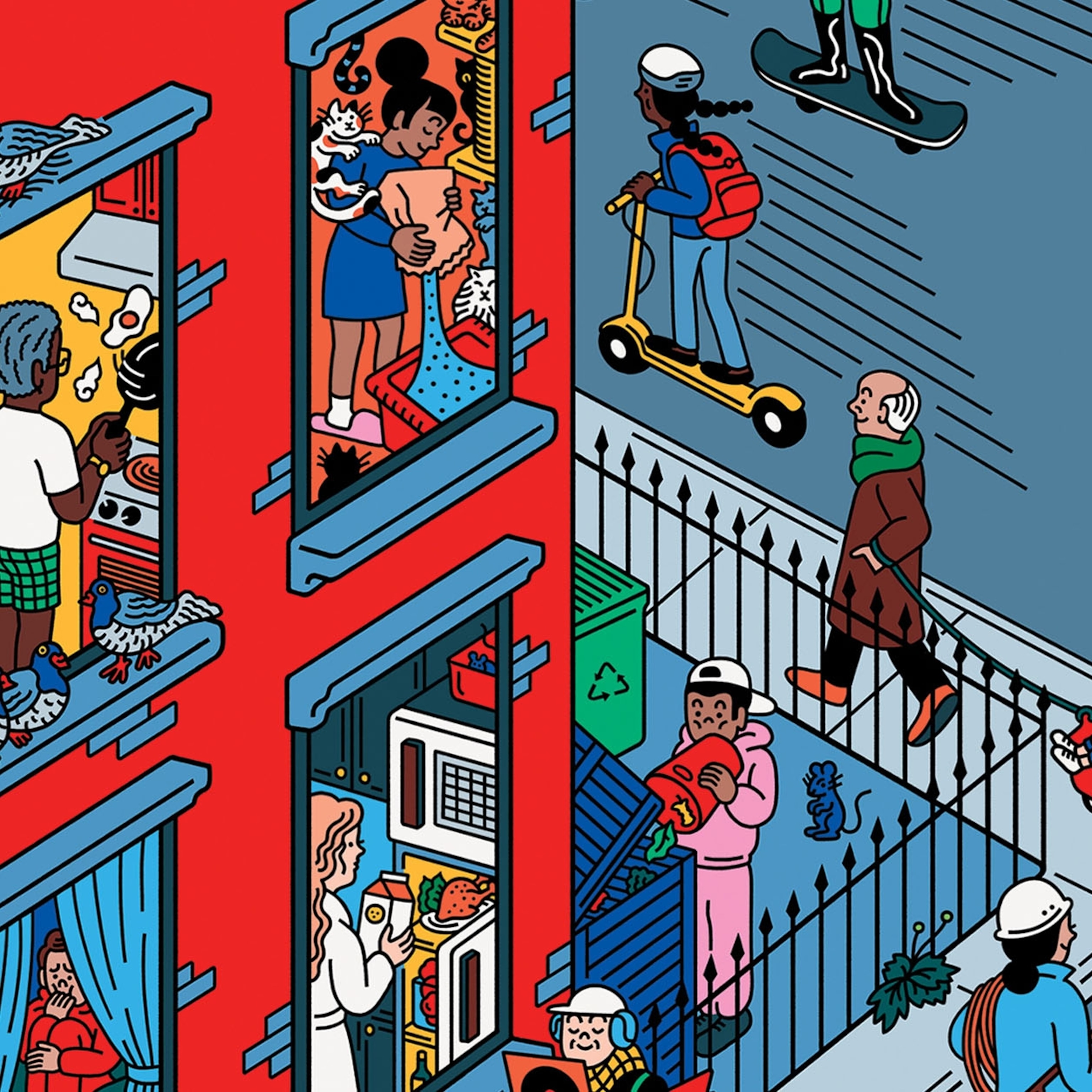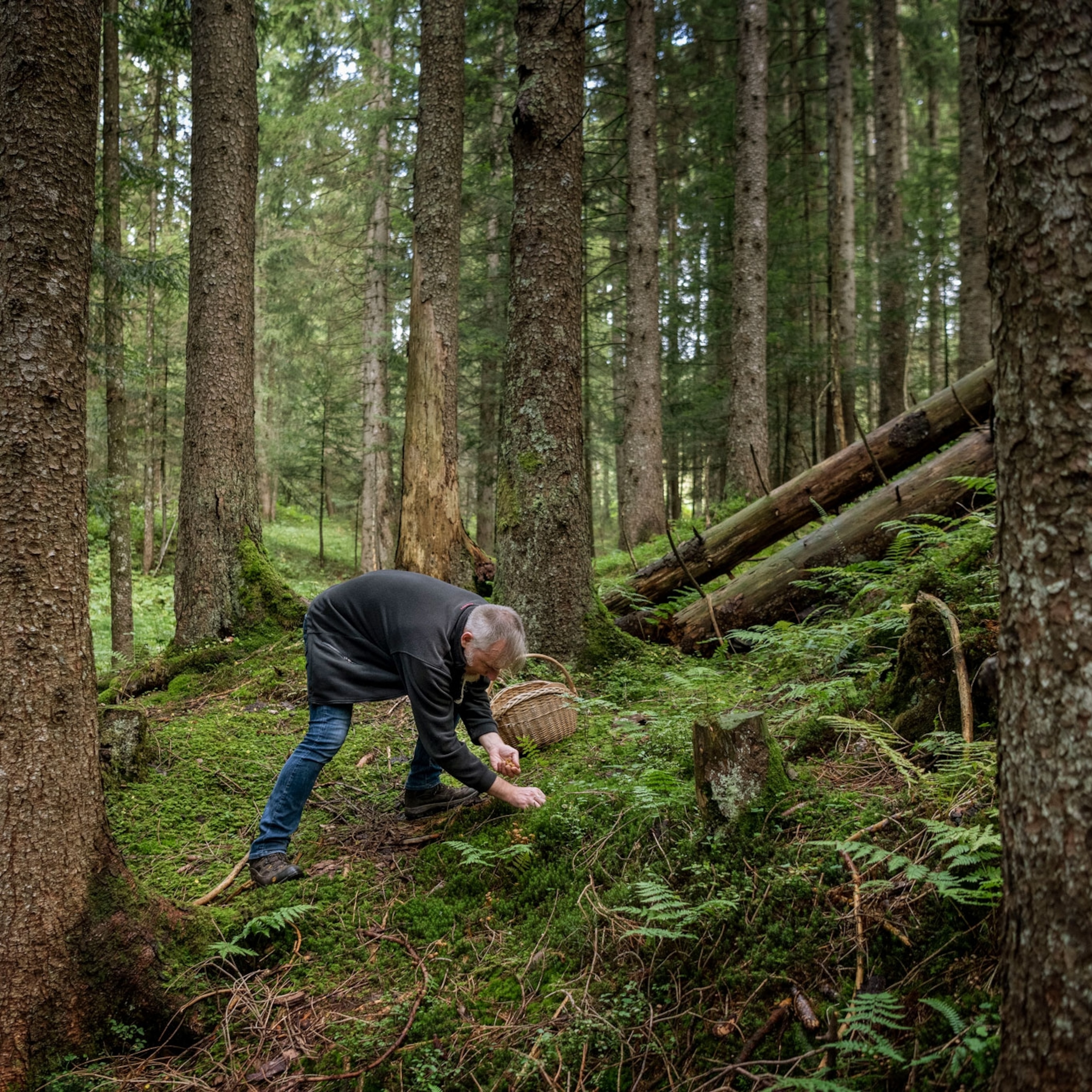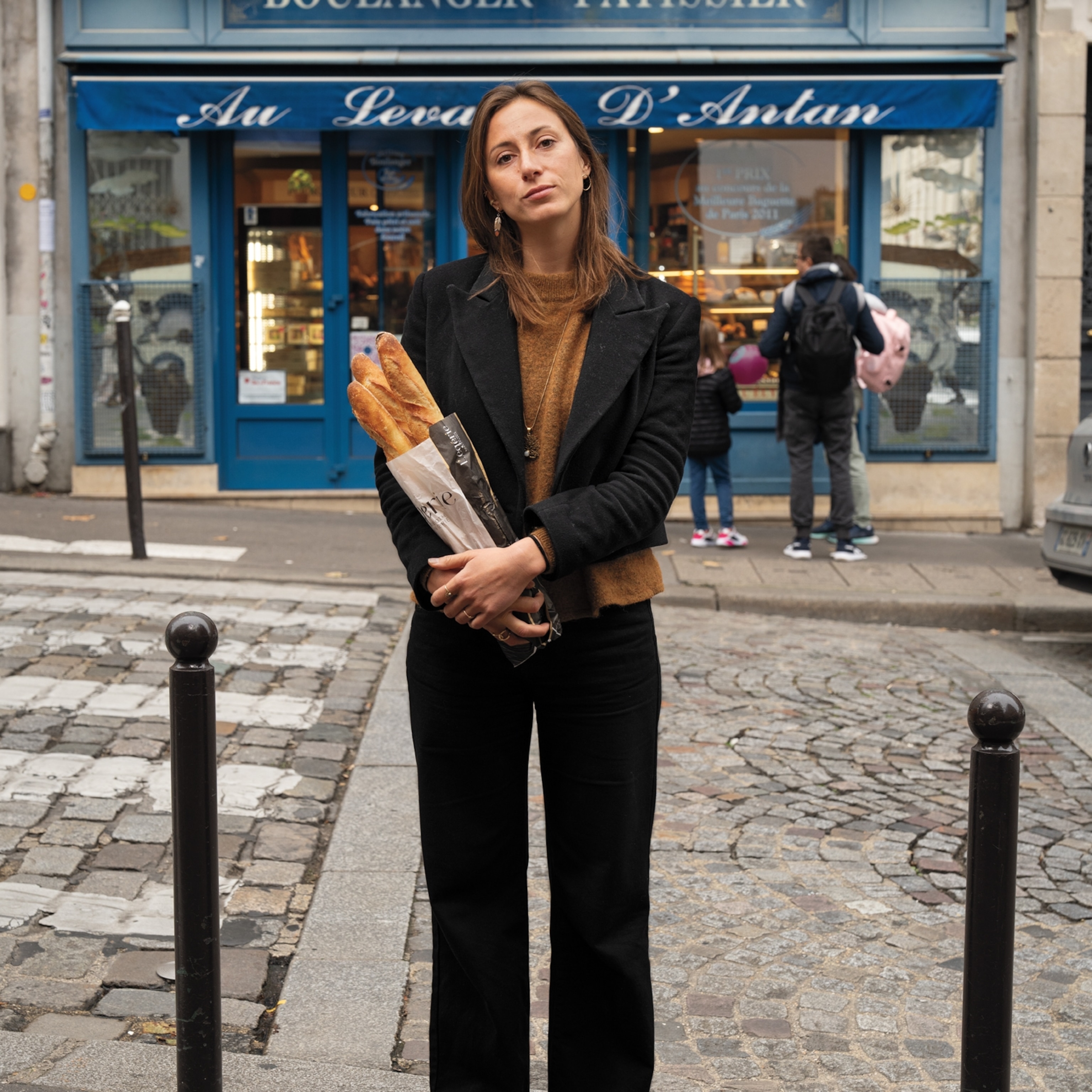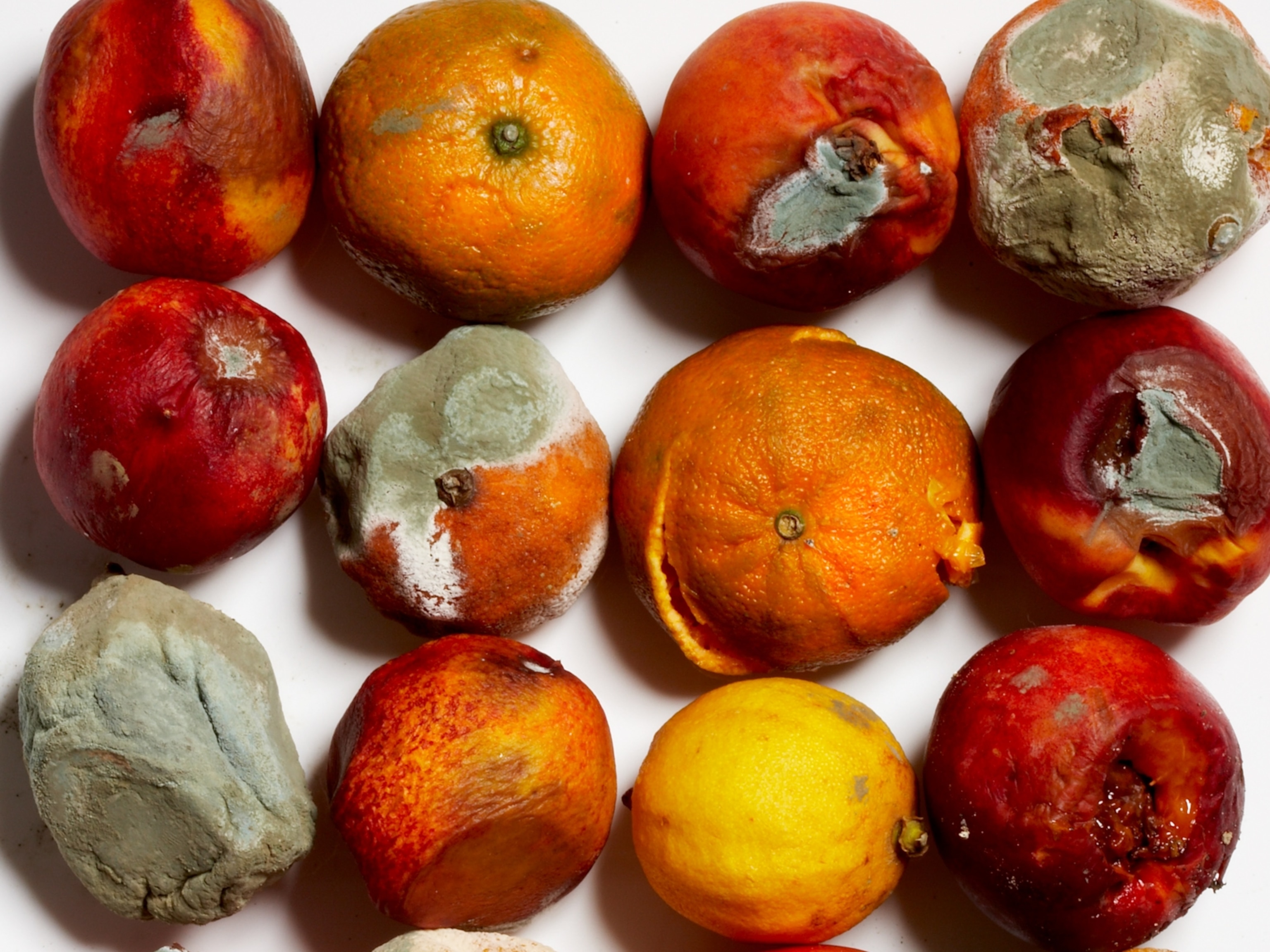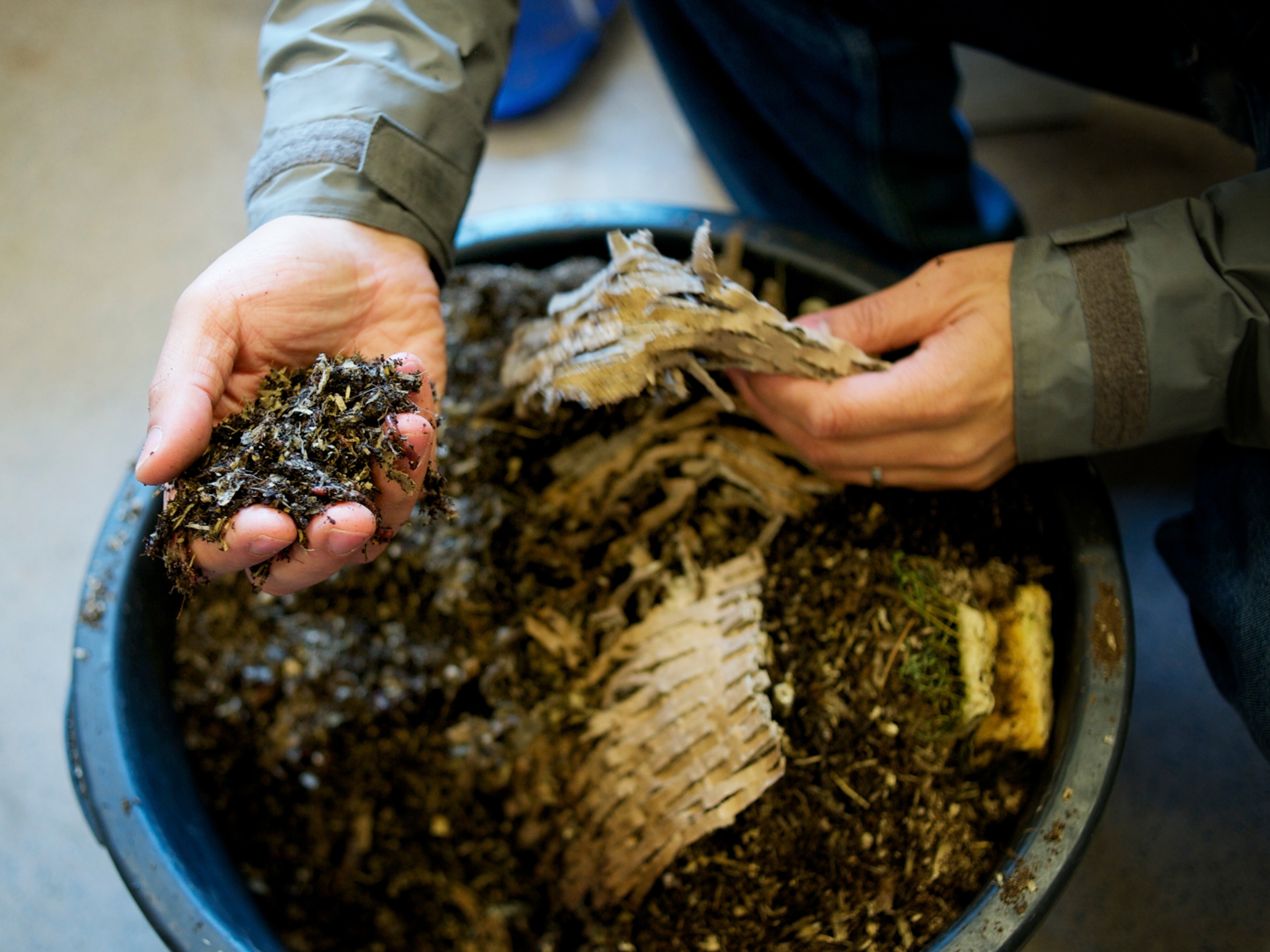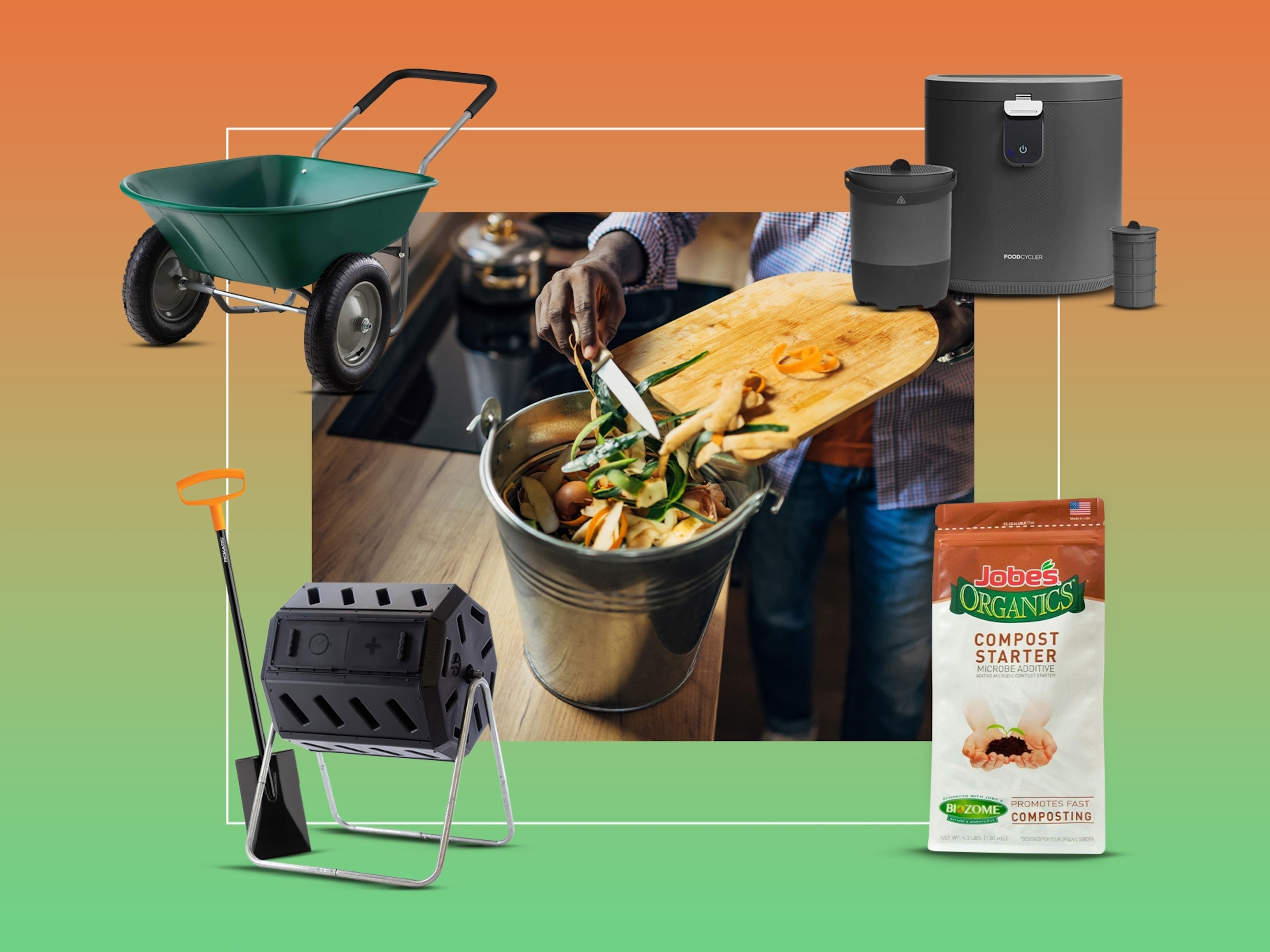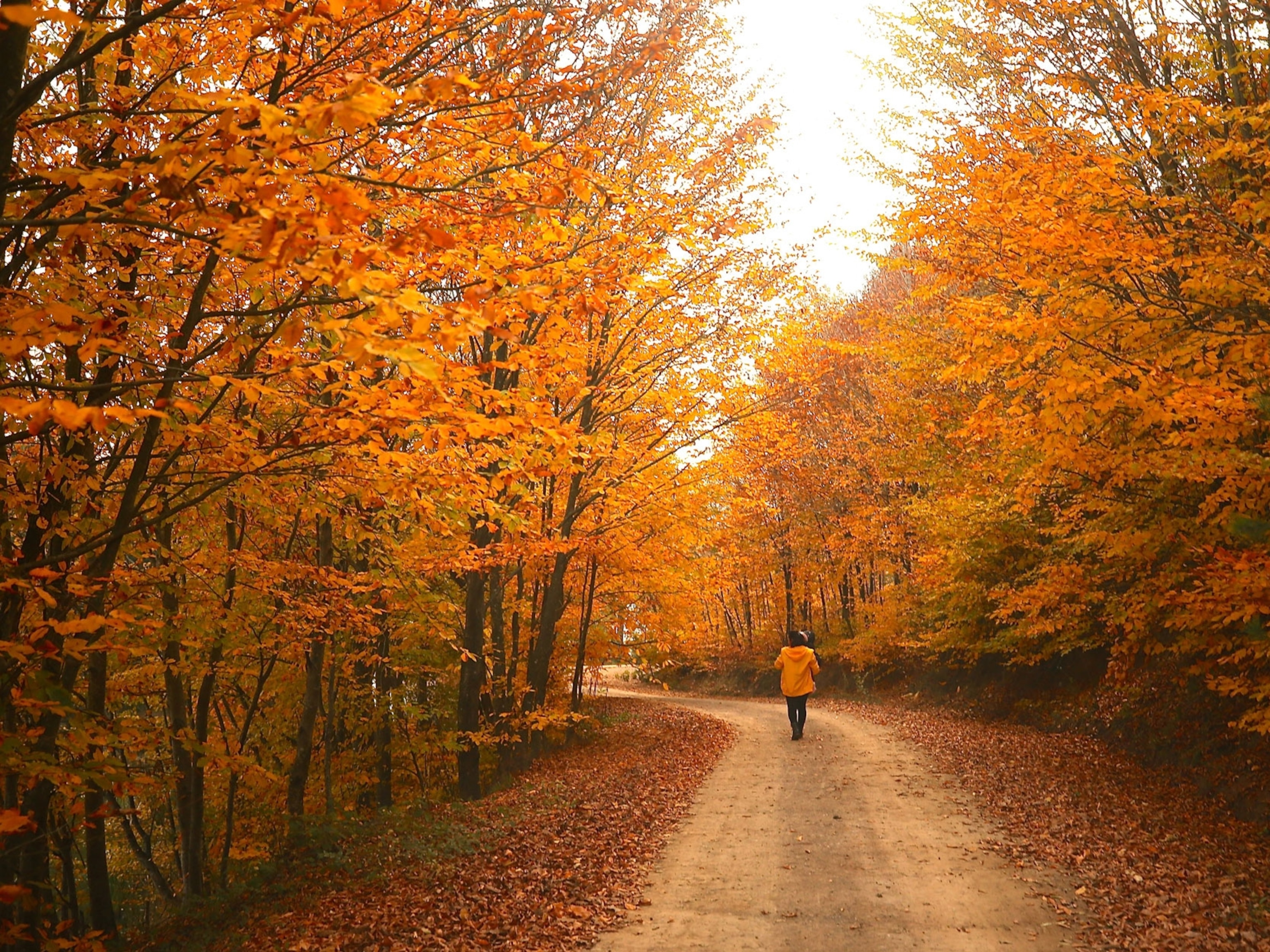Composting in an apartment is easier than you think—and not smelly either.
Lack of outdoor space shouldn’t stop you from composting. Here’s how to get started.
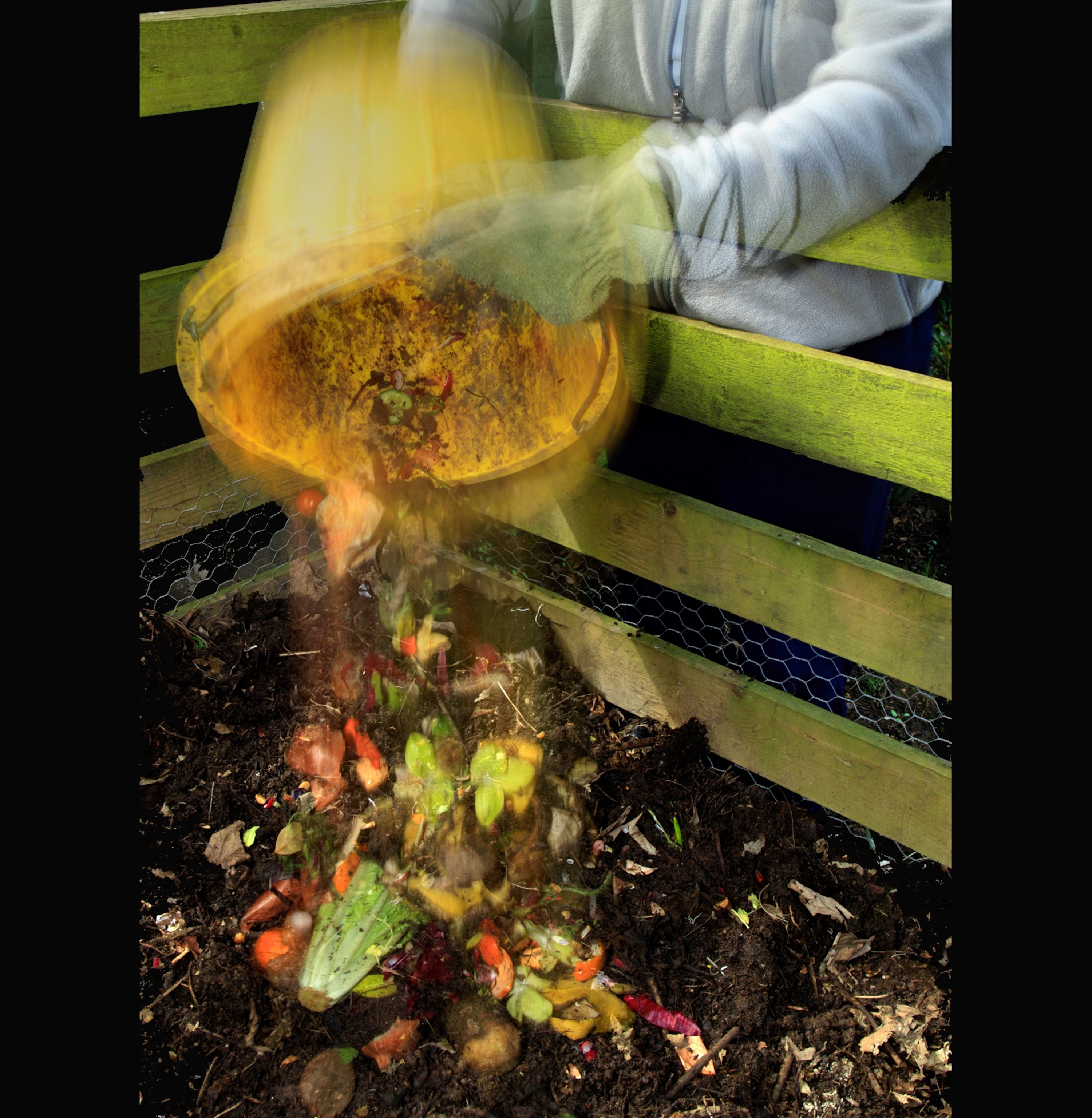
Composting is the simplest way to turn your trash into treasure. Not only can it help reduce the world’s carbon footprint, but the fertilizer that results from the process can also make food more nutritious.
When it comes to composting tips, though, most are typically geared towards those living in homes with access to outdoor space. But fear not, apartment dwellers. Below, environment and sustainability experts offer their suggestions for making composting work for you—without any smelly buckets of decaying food waste sitting on your kitchen counter.
Why composting is good for the environment—and your food
Composting is essentially "nature’s way of recycling," according to the Environmental Protection Agency (EPA). It involves microorganisms breaking down organic material, including food scraps, into fertilizer, creating a new use for these materials and keeping them out of landfills.
"When added to soil, compost enhances soil tilth and fertility, suppresses plant disease, improves the ability of soil to retain nutrients, helps soil retain water, and improves soil structure," says Brenda Platt, director of the composting for community initiative at the Institute for Local Self-Reliance.
Many people who compost on their own use the resulting soil enhancer to grow their own produce. That unique, natural fertilizer contains nutrients that can't be found in other kinds of fertilizer, according to Sophie Jones, a sustainability project associate at George Washington University's Office of Sustainability. A 2023 study published in ISME Communications suggests that using compost when growing produce can result in more nutritious crops than ones grown without compost.
(How to compost at home—a guide for beginners.)
However, those dropping off compost at community bins likely aren’t growing their own food, so they may not see the benefit. But Jones notes that composting equals less waste in your trash can, which means fewer odors and visits to your building's trash chute. On a much larger scale, Platt highlights that keeping food waste out of landfills can have positive global implications—and can even make your next farmers market purchase even healthier.
Unlike when composted, food waste that decomposes in landfills breaks down without oxygen. This leads to the production of methane, a powerful greenhouse gas that traps heat in the atmosphere, in turn raising the earth’s temperature at a much faster rate than carbon dioxide and contributing to climate change. A 2023 report from the EPA, which studied U.S. landfill methane emissions from 1990 to 2020, found that food waste from landfills released anestimated 58 percent of methane emissions into the atmosphere.
(Carbon dioxide levels are at a record high. Here's what you need to know.)
How to compost in an apartment
The first step in composting is collecting the organic matter that amasses at home—this can be everythingfrom apple cores and moldy bread to hair that you shed during a shower, Jones notes.
Non-compostable items sometimes depend on where you're composting. For example, the EPA notes that using meat or animal bones when composting in your backyard can attract rodents, but many local pick-up or drop-off composting services allow them. Regardless of where you're composting, you shouldn't include human or animal waste, diseased plants, or colored or glossy paper, according to the National Resources Defense Council.
When it comes to storing compost, there’s no need to spend much, or anything, to do so at home. Simply take any large plastic bag or food storage container, fill it with your food scraps, and stick it in the freezer. Freezing the scraps will prevent them from decomposing or smelling.
"Just keeping my compost in a bag in the freezer, it keeps everything in an easy clump,” says Jones. “It doesn't smell [and] it's easy to transport to compost bins."
Some farmers markets offering composting services may also give out free composting bins. You can purchase your own bin, but some come with high price tags—Jones spent about $50 on one that sits on her kitchen counter and features a charcoal filter to reduce odor. There are also uber-deluxe versions, typically costing a few hundred dollars, that actually mimic the natural composting process.
Once your compost bin is full, take your collection to a local organization that will compost it themselves. Many cities offer drop-off locations for composting; some are stationary bins with 24/7 access, while others can be found at local farmers markets. Community gardens may be interested in food scraps as well. Certain grocery store chains have compost bins at their entrances, and there are also some companies and waste management organizations that come directly to you to pick up compost scraps for a fee.
How to start a community composting initiative
If your area doesn't currently offer composting, that doesn't mean it's the end of the road. Platt suggests reaching out to your local government officials about implementing a local composting program, or connecting with neighbors to plan a communal area where everyone can compost together.
"Community composting can build critical support for and participation in future citywide food scrap recovery programs," Platt says. In other words, local composting begets more local initiatives that make composting easier.
Platt and Jones agree that the power of local communities doing their small parts can have a major impact on the state of the world at large.
"Composting actually turns waste into valuable resources," Jones says. "I just really enjoy the fact that it takes a toll off of our land waste and actually puts it back into the economy and the earth in a positive way."

